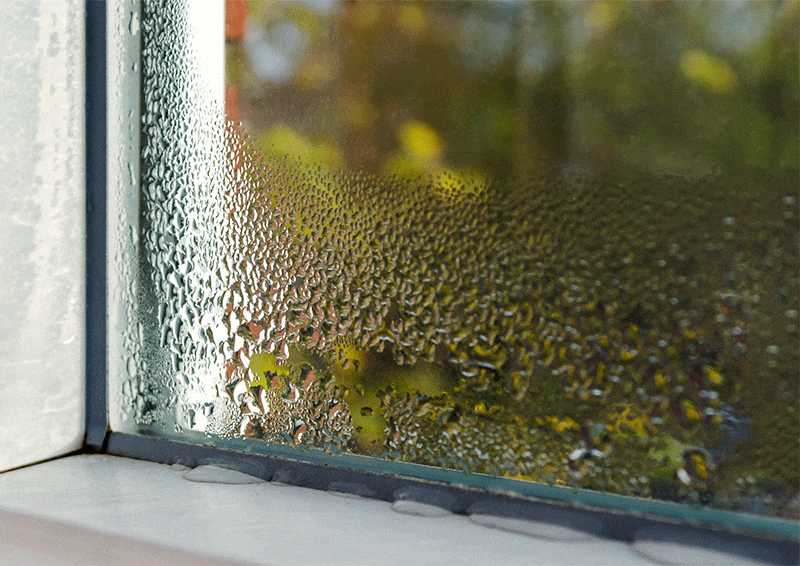Can you have allergies in the winter? Simply put, yes.
Allergies are a common reason why people develop runny noses and itchy eyes during the colder months. But allergies can often be confused with common cold viruses. It’s important to differentiate between these ailments, as winter allergies last longer than colds and must be managed by removing the cause of allergens.
Indoor air is often two to five times more polluted than outdoor air and can be riddled with allergens like smoke, dust, pet dander, and mould. Indoor allergens can make anyone feel sick and even worsen the symptoms of existing respiratory conditions like asthma.
During the cold months, we spend more time indoors, with little to no natural ventilation, increasing our exposure to indoor allergens.
Causes of Winter Allergies
Some common indoor allergens that can trigger your winter allergies include:

The best way to relieve allergy symptoms is to take preventive measures, and it’s good to know that you can still get relief for your allergy symptoms even if they are already at their worst.
Allergy Symptoms
- Sneezing
- Stuffy/Runny Nose
- Itchy Eyes
- Throat Itching
- Ear Itching
- Difficulty Breathing, Especially Through A Clogged Nose
- Dry Coughing, Sometimes Producing Phlegm
- Skin Rash
- Feeling Sick
- Low-Grade Fever
In severe cases, allergies can result in symptoms related to asthma, such as:
- Chest Tightness
- Wheezing Or Whistling When You Breathe
- Breathing Rapidly
- Feeling Exhausted
- Feeling Anxious
Cold Symptoms
Unlike allergy symptoms, a common cold comes from a virus spread by someone infected. As a result, signs of a cold end once your body fights off the infection, whereas allergy symptoms reoccur whenever you are exposed to the allergens.
Symptoms of a cold include:
- Sneezing
- Stuffy Nose
- Runny Nose
- Sore Throat
- Coughing
- Watery eyes
- Fever (although most people with colds do not have fever)
Some symptoms, especially runny or stuffy nose and cough, can last up to 10 to 14 days.
Prevention
There are three ways you can enhance indoor air quality and as a result, improve symptoms associated with winter allergies:
1. Control your contact with indoor airborne allergens by:
- Regularly wash bedding, upholstery and carpets.
- Minimize cleaning products with VOCs.
- Turning on kitchen and washroom exhaust fans.
- Regularly replacing HVAC filters.
2. Ventilate your indoor areas well.
Make sure the stale air in your place is continuously being replaced with fresh air through mechanical or natural ventilation.
3. Use air cleaners to clean indoor air.
HEPA air purifiers are a great way to improve indoor air quality. HEPA (high-efficiency particulate air) air purifiers force air through a fine mesh that traps harmful particles such as pollen, pet dander, dust mites, and tobacco smoke.


